-

7 Ways to Grow Your Email List (and Your Revenue) in 2024
Discover actionable strategies to grow your email list and boost revenue from Jenna Kutche...
Jenna Kutcher
5/2/24
-

Audio AI: How AI Is Changing Podcasts, Audiobooks & More
Discover how AI is revolutionizing podcasts, audiobooks, and music creation. Explore the i...
Ross Simmonds
5/2/24
-

15 Best Examples of Professional Goals [+Tips to Achieve Them]
We all have aspirations, but how do you go about making them a reality? Let us explain. Ch...
Cassie Wilson
5/1/24
-

Can Automation Help You Ace Your RFP? I Used AI to Find Out
Creating a great RFP can help you find the perfect vendor for your needs. Automation can m...
Anna Rubkiewicz
5/1/24
-

Health Care Advances with AI: Is the promise of that true yet?
There’s an abundance of problems to solve in the world’s healthcare systems. And guess who...
Kolawole Samuel Adebayo
4/30/24
-

How Creatives are Safeguarding their Rights Against AI
While it might take an artist multiple weeks to craft a single painting or a musician mont...
Molly Bookner
4/23/24
-

3 Real Ways Companies Do (and Don’t) Use AI [Expert Interview]
AI can be exciting, but what do you do with it? CIXON's Stefan Wendt talks about 3 ways hi...
Curt del Principe
4/23/24
-

How Artists Are Protecting Themselves in the AI Music Era
From film and television, to influencer marketing, publishing, photography, and now to mus...
Kolawole Samuel Adebayo
4/16/24
-

Perplexity CEO Aravind Srinivas Talks Future of Information Seeking
Arivind Cerinovas, CEO and founder of the AI-powered search engine Perplexity, shares his ...
Martina Bretous
4/16/24
-
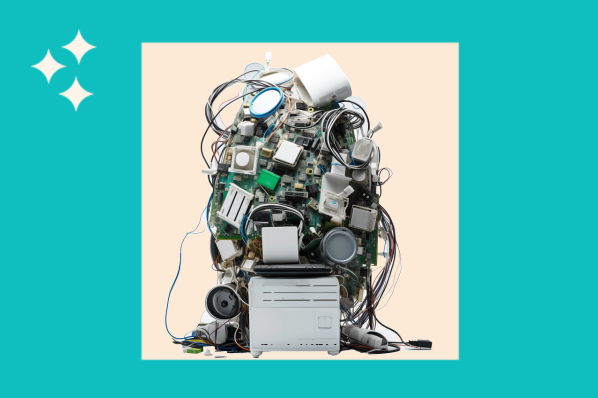
What does 'publicly available' training data mean to AI companies?
When AI companies are asked about what they train their data on, it’s usually a vague answ...
Martina Bretous
4/9/24
From HubSpot's video library
-
.jpg?height=240&name=YT-237_A%20(1).jpg)
How to Start Affiliate Marketing With No Experience or Money (4 Free Tools!)
-

How Airlines Really Make Money | Hustlenomics | The Hustle
-
.jpg?height=240&name=IMG_0735%20(1).jpg)
What Entrepreneurs Can Learn From Native Deodorant
-
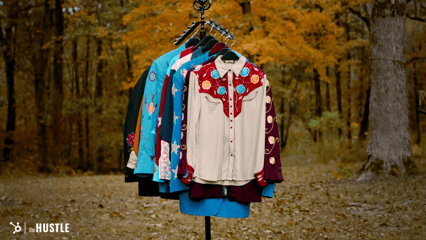
Meet the Designer Behind the Iconic Nudie Suit | Unknown Empires
-

Tips For Elevating Your Next Go-To-Market Strategy (+ Free Templates)
-
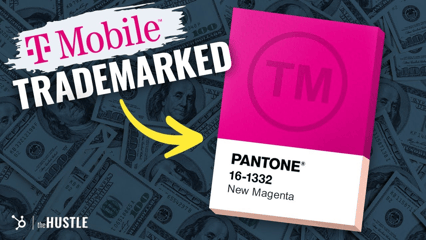
Why T-Mobile Trademarked This Color | The Hustle
-

Can AI Segment Your Customers? I Ran This Experiment to Find Out
Segmenting your customers can help you provide the right solutions to the right group. AI ...
Cassie Wilson
5/2/24
-

Customer Service Question of the Week
Thanks for participating in our customer service question of the day! Please check back to...
Tristen Taylor
4/29/24
-
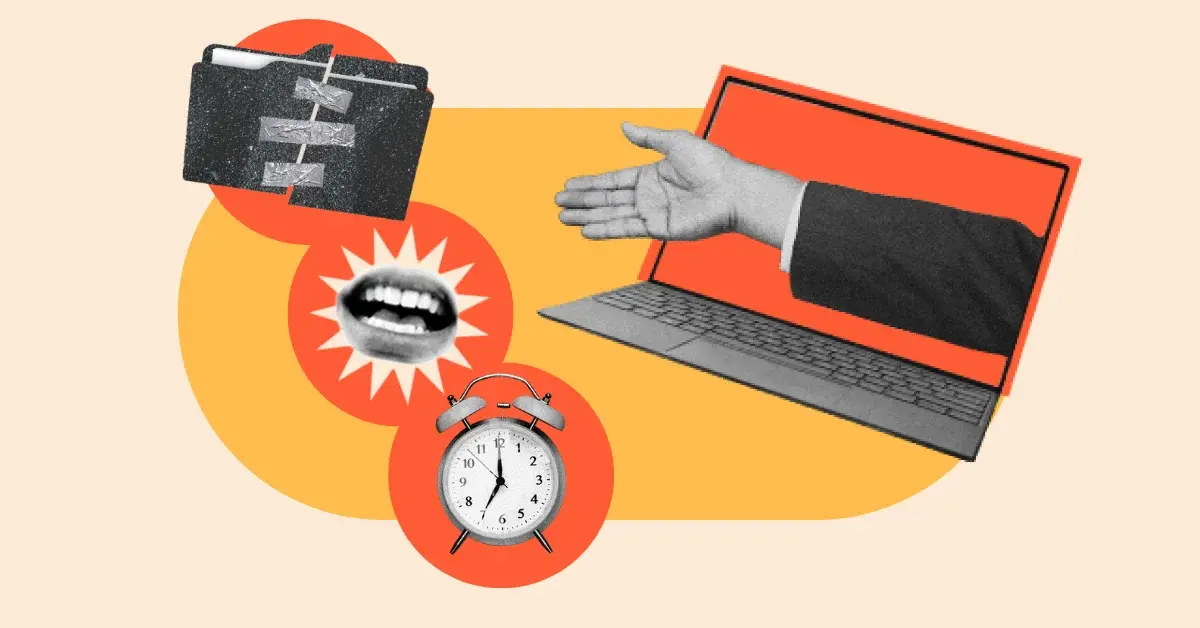
10 Customer Onboarding Challenges You Might Face This Year [+Expert Tips]
Discover the most common customer onboarding challenges businesses face and how to overcom...
Tristen Taylor
4/25/24
-

How Mature is Your Customer Success Team? Try This Customer Success Maturity Mod...
Learn the importance of building a customer success model, with tips and strategies to hel...
Cassie Wilson
4/11/24
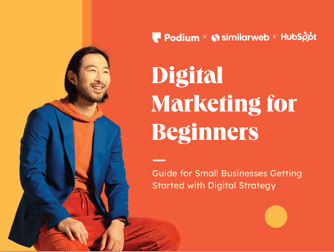
An Introduction to Digital Marketing
Learn the basics of digital marketing and explore different ways to reach your ideal customer.
-
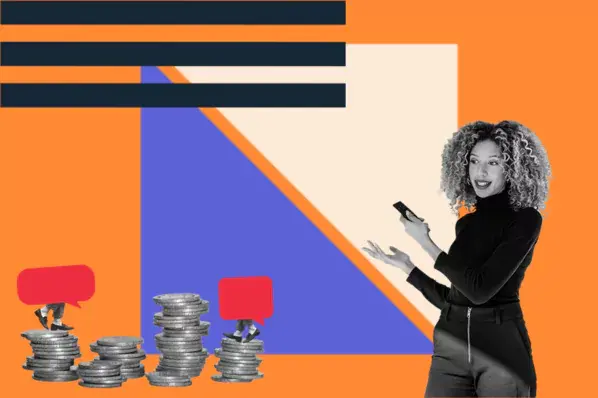
Your Guide To Choosing The Right Payment Processor in 2024
Business owners need a reliable way to process non-cash payments — but not all payment pro...
Justina Perro
5/2/24
-

Company Growth Strategy: 7 Key Steps for Business Growth & Expansion
A solid growth strategy is an absolute must for getting a new business off the ground. Lea...
Sujan Patel
5/1/24
-

Purchase Order: What It Is & How to Create One [+ Template]
Obtain services from trusted vendors efficiently with a purchase order. Learn how to creat...
Lestraundra Alfred
4/30/24
-
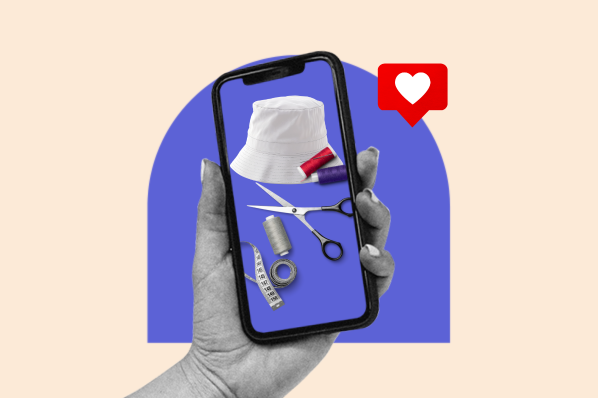
This YouTuber Makes $300k A Year Teaching People How to Sew
How this YouTuber with 280k+ subscribers got his start in the sewing niche, and his 4 tips...
Cyan Zhong
4/30/24
From the HubSpot Podcast Network
-
Business Made Simple

Your Website Probably Stinks—Here’s How to Fix It!
-
The Science of Scaling

How to Scale a Billion Dollar Sales Team w/ John McMahon (Board Member, Snowflake)
-
Truth, Lies and Workplace Culture
-2.png?height=240&name=PodcastCovers23%20(1)-2.png)
From Bystander to Ally: How to Avoid DEIB Washing
-
Imperfect Action
-2.png?height=240&name=PodcastCovers23%20(4)-2.png)
The art of the post-launch review: 5 questions to make your next launch a success
-
Latinx In Power
.png?height=240&name=PodcastCovers23%20(6).png)
Harnessing the Power of Silence in Negotiation with Diana Kleps
-
The Sales Evangelist

5 Ways To Do Daily Outbound With LinkedIn
-

9 Sponsorship Form Templates and Samples
Use a sponsorship form template to discover how your non-profit can start gaining more tra...
Clint Fontanella
4/30/24
-

Website Navigation: The Ultimate Guide [Types & Top Examples]
Learn how to design your website navigation according to best practices and examples from ...
Anna Fitzgerald
4/30/24
-
25 Stunning Corporate Websites to Inspire Yours
Explore 25 stunning website design examples that set the bar for what a “corporate” websit...
Jamie Juviler
4/29/24
-
How to Create a Video Background with CSS
Learn how to add a video background to your homepage that captivates first-timer and repea...
Jamie Juviler
4/29/24
-
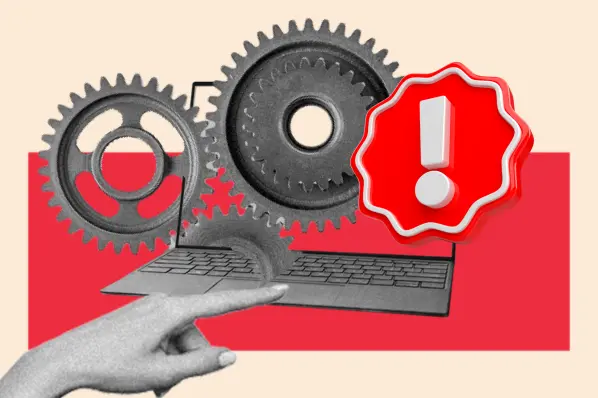
Onchange Event in HTML: How to Use It [+Examples]
Learn how to use the HTML onchange event to enhance user experience on your website. Explo...
Jamie Juviler
4/22/24
-
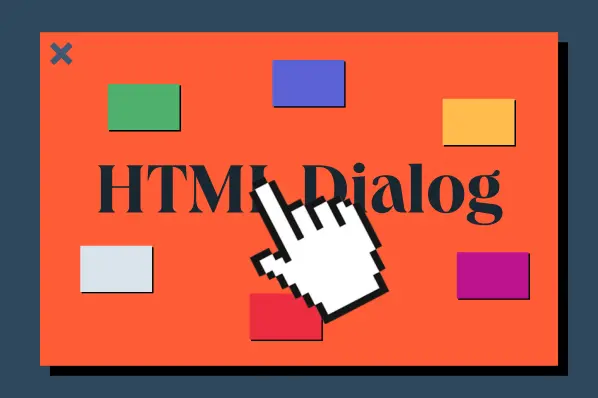
HTML Dialog: How to Create a Dialog Box in HTML
Expert insights on creating and customizing HTML dialog boxes for websites. Learn how to e...
Jamie Juviler
4/22/24
Explore more topics
Ready to brush up on something new? We've got more to read right this way.

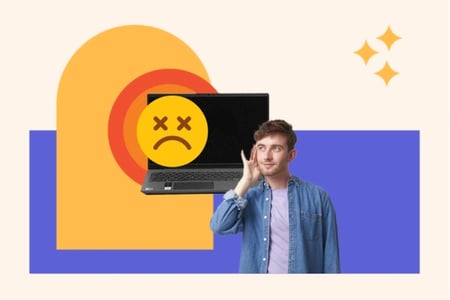

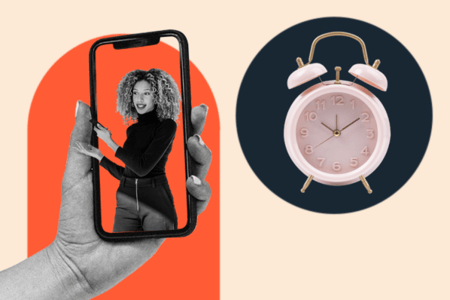
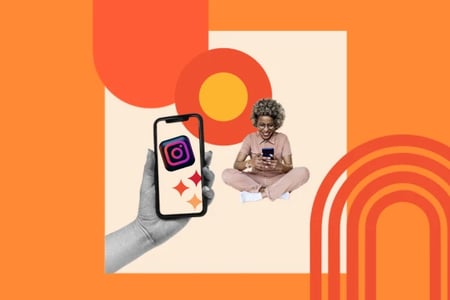

.png)

